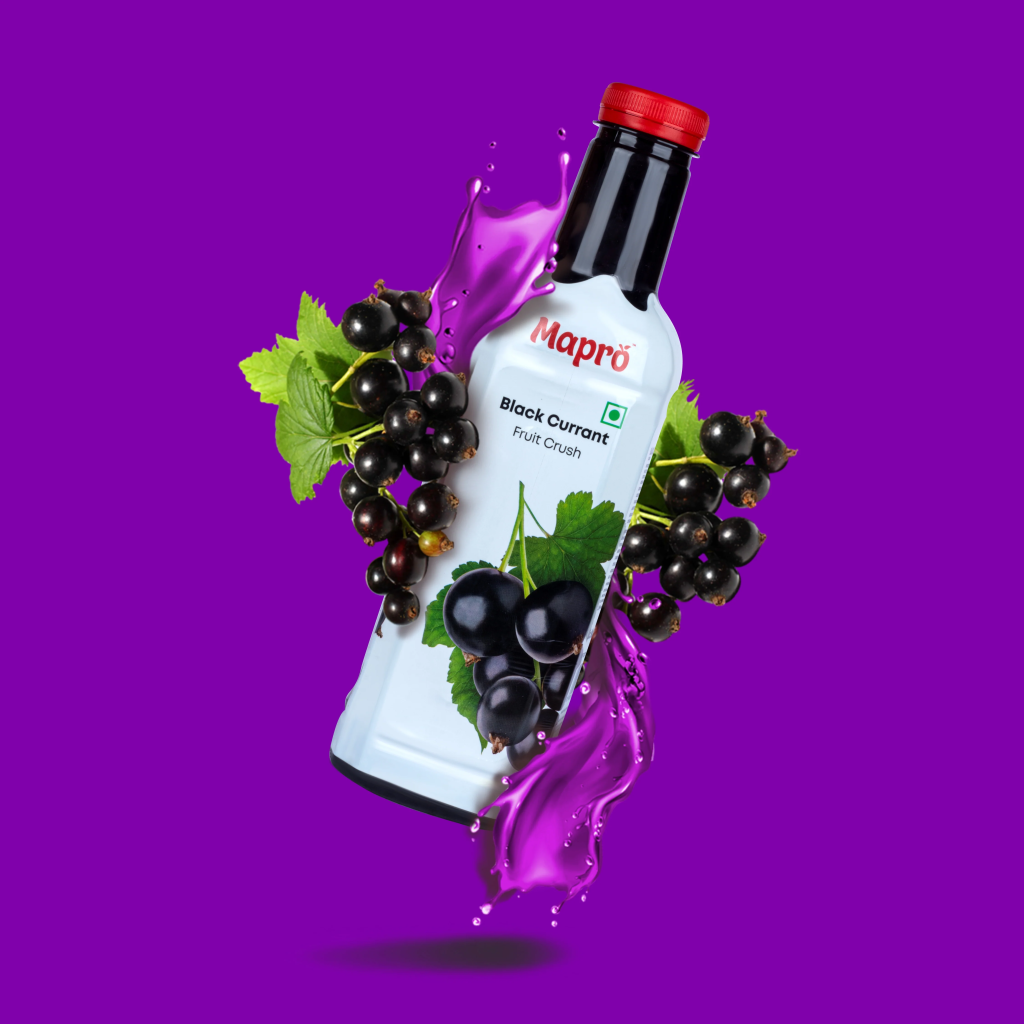
4 herbal teas that increase energy and make up for vitamin deficits in the body
A strong and strengthened immunity is good to maintain throughout the year (and especially during the change of seasons). Prevention from the national pharmacy is important in maintaining good health. Herbal teas are very useful for preserving a healthy and strong organism, increasing vital energy and compensating for vitamin deficits in the human body.
- Canatarion and wild oregano – wild oregano has an antibacterial and antioxidant effect, increases the body’s resistance to viruses and relieves symptoms of depression. John’s wort is known for its antibacterial and antiviral effects. It is used for wounds and burns due to its anti-inflammatory effect. St. John’s wort is useful for stomach and duodenal ulcers, digestive disorders, stimulation of the secretion of gastric juices and ease of digestion. Oregano has been used for thousands of years in traditional medicine. Active compounds (which give the plant a pleasant and intense smell) are thymon, pinene, limonene, carvacrol, ocimene and caryophyllene. It is believed that oregano contains a large number of powerful antioxidants and exhibits an antibacterial effect. Mix half a teaspoon of oregano and St. John’s wort. Pour over 250 ml of boiling water. Leave to cool. Drink one to two cups of tea daily (add milk or honey to taste). This tea is not recommended for pregnant women or people suffering from hypertension.
- Cypress – Cypress is a herbaceous plant from the Onagraceae family. The plant is native to temperate parts of the entire northern hemisphere. It is also known as Kopor tea (it is named after the village of Kopor near today’s St. Petersburg in Russia). It contains flavonoids, pectin, tannin, triterpene acids, mucilage and vitamins. The plant is adaptogenic. It has anti-inflammatory, sedative, expectorant and regenerative properties. The antitumor agent hanerol was isolated. The plant has 6 times more vitamin C than lemon. It increases immunity, normalizes blood pressure, relieves headaches, reduces nervousness. Pour one teaspoon of chopped herb with 250 ml of boiling water. Leave the tea for half an hour to cool. Drink 2 to 3 cups of tea a day.
- Black currant – buds and young leaves of black currant contain a lot of vitamins and minerals. Blackcurrant leaves are little known but effective in the treatment of rheumatism (especially rheumatoid arthritis). Blackcurrant leaf has been shown to work very well against ailments patterned by an excessive, uncontrolled, inadequate reaction of the immune system. That is why blackcurrant tea, tincture and extract are also recommended for allergic reactions. Tea normalizes blood flow, cures anemia, helps with skin diseases. pour one large spoonful of the herb with 250 ml of boiling water. Leave to cool. Drink one to two cups of tea during the day and after meals. Currant tea is not recommended for pregnant women and patients with thrombophlebitis.
- Wild strawberry – wild strawberry tea is recommended for anemia, heart disease, allergy and leukemia. Wild strawberry has anti-inflammatory, antibacterial, antipyretic properties, removes pain in muscles, relieves inflammatory conditions in the body. Strawberries are very effective for burns. Regular consumption of strawberries speeds up circulation, slows down aging and loss of tissue elasticity. This means that strawberries help fight cellulite. Strawberries reduce appetite and are considered a low-calorie fruit (that’s why they are a common ingredient in many popular diets). The tea can be used for gargling. In folk medicine, wild strawberry leaf tea is used to strengthen the entire organism. It removes sand and stones in the kidney and urine and generally helps in the excretion of urine. Leaf tea treats intestinal and stomach catarrh, diarrhea and hemorrhoids, stimulates digestion. Add two large spoons of the plant to one liter of boiling water. Keep the drink in a hot oven for 2 to 3 hours. Drink 2 to 3 cups of tea daily.

Very useful
LikeLiked by 2 people
Thank you for sharing.
Going to have to try these. 👍🏻🍵
LikeLiked by 3 people